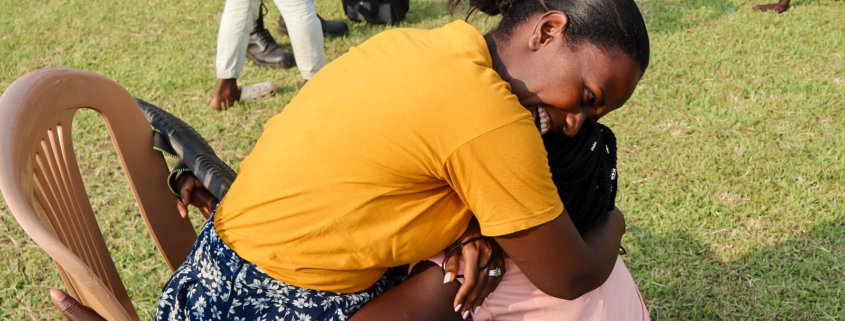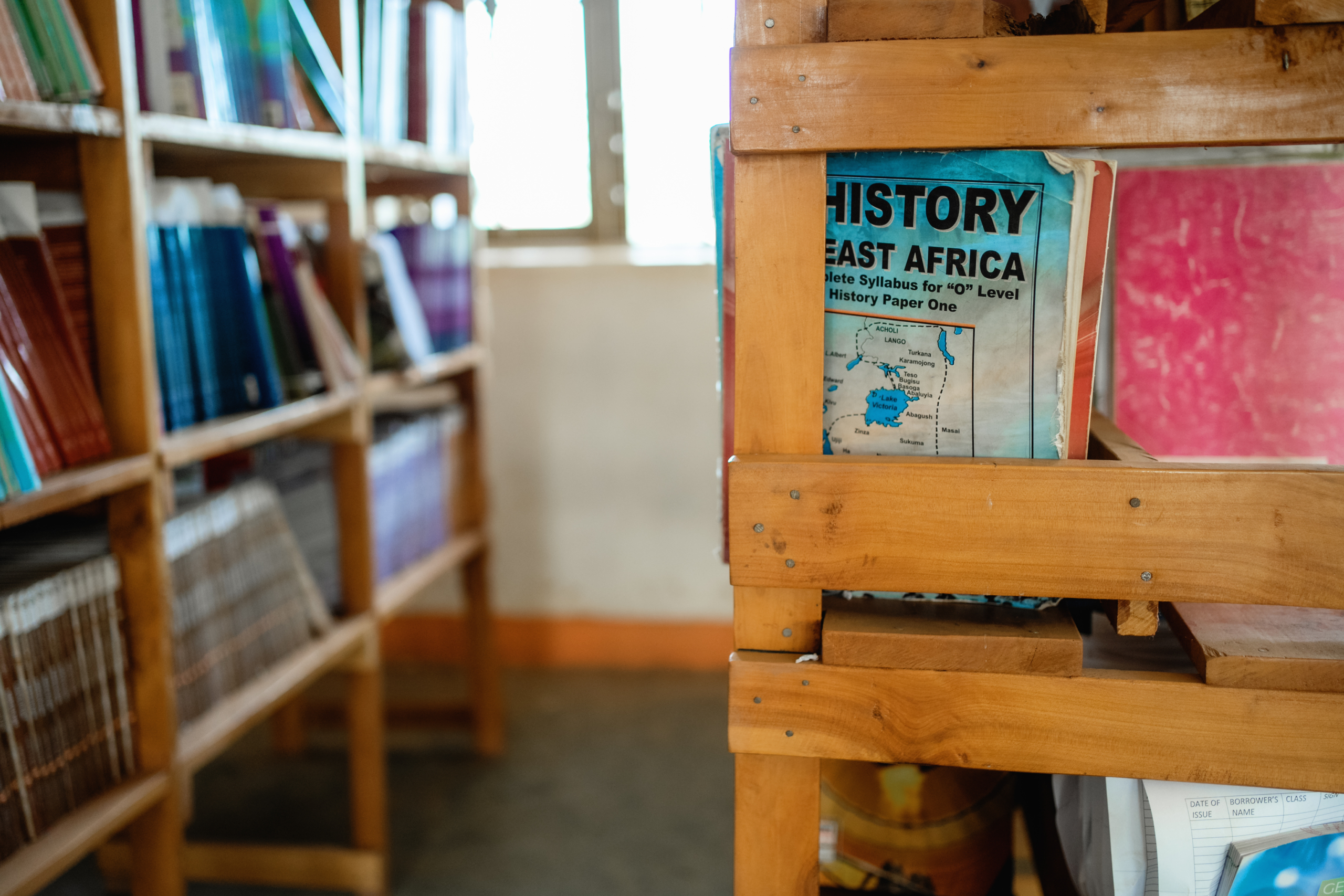What Is International Women’s Day?
International Women’s Day (IWD), celebrated on March 8th, emerged in the early 20th century from the labor movements in North America and Europe. It began as a protest for women’s rights in New York City in 1908 and was first celebrated internationally in 1911. It gained recognition by the United Nations in 1975, evolving into a global day that not only celebrates women’s achievements, but also advocates for gender equality.
How IWD Is Observed in Uganda
In parts of the world where gender-based inequalities can result in breathtakingly harsh realities for girls and women, International Women’s Day is an especially important occasion for acknowledging the contributions of women to families and society.
In Uganda, this day is marked by men taking on roles typically assigned to women, such as housework, as a gesture of respect and recognition. Government officials organize events focusing on women’s advancement and publicizing the existence of equity-driven government services, emphasizing the importance of higher education and self-improvement for girls and women alike.
Important Ugandan Women
Uganda boasts many influential women who have made remarkable contributions in various sectors. Just a few examples include:
- Janet Museveni, Uganda’s current First Lady, Member of Parliament (MP) for Ruhaama, and State Minister of the Karamoja region
- Winnie Byanyima, a United Nations executive and Uganda’s first female aeronautical engineer
- Amelia Kyambadde, former Principal Private Secretary to the President
- Rebecca Kadaga, Deputy Speaker of the Ugandan Parliament and MP for the Kamuli District
- Beatrice Anywar, an environmental activist with an impressive track record
The Pivotal Role of Education for Girls in Uganda
Education for girls in Uganda is pivotal for their empowerment and the nation’s development. However, girls face numerous barriers to education, including poverty, constrictive gender roles, early marriage, human trafficking, child labor, and more. As a result, only a small percentage complete even their grade school education.
The Ugandan government and various organizations, including nonprofits and charities, are working to overcome these barriers by prioritizing funding for girls’ education and creating gender-responsive educational systems. These efforts aim to provide safe learning environments and necessary resources, such as sanitary facilities, to ensure girls can attend school regularly and complete their education.
You can help Ugandan girls build a brighter future by supporting humanitarian and education-related nonprofit organizations.
Support Girls’ Education with Simone’s Kids
Simone’s Kids in Nakaseke, Uganda, provides high-quality primary and secondary education and meets basic needs for children in order to help them break the cycle of poverty. Besides formal and vocational learning, these include access to clean water, safety measures, school sports, and an on-site medical clinic.
Your donations help pay for monthly tuition and purchase school supplies, textbooks, food, and other necessities for Ugandan students. You can donate money, stocks, and cryptocurrency, and you can see if your employer participates in a matching donation program that will double your gift.
You can maximize your impact with recurring donations to Simone’s Kids by joining The Village. The Village is a passionate group of donors committed to bettering the lives of children in Uganda by making monthly donations that help to provide better meals, more teachers, more activities, and even post-graduation services. Give today!



Leave a Reply
Want to join the discussion?Feel free to contribute!